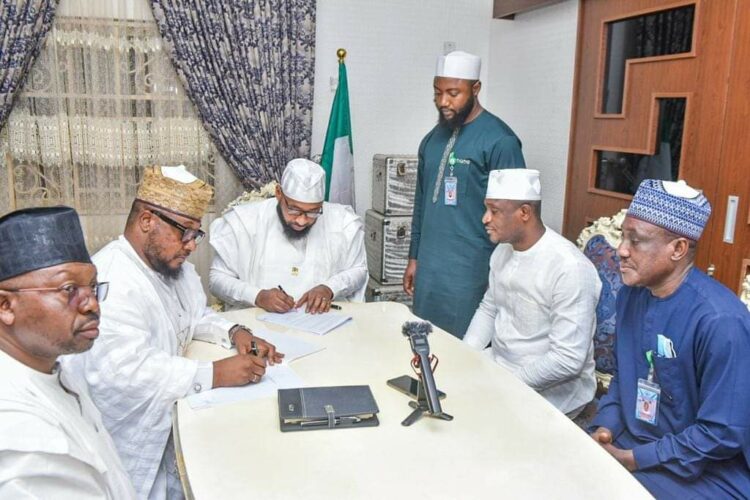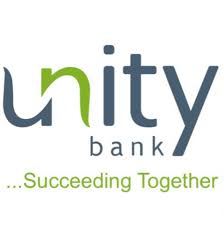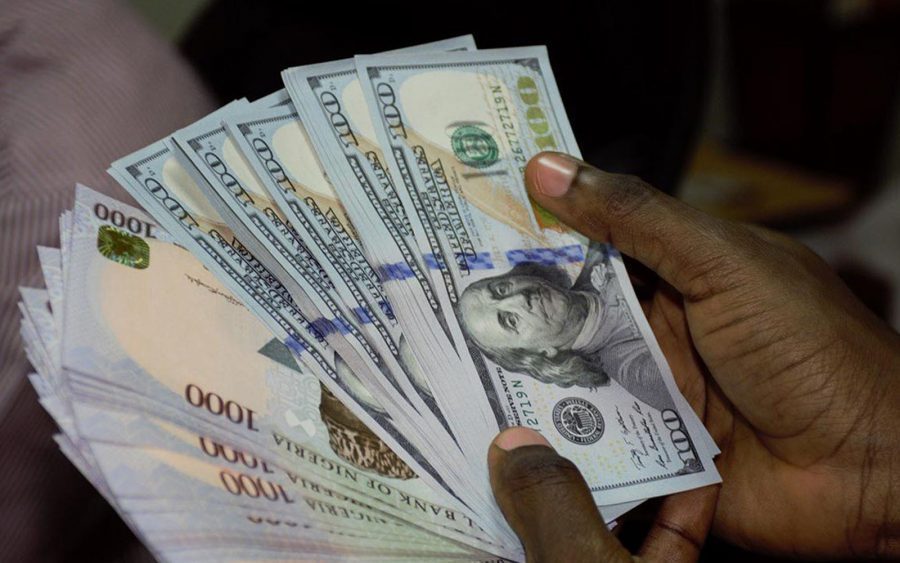The Alternative Bank has signed a multi-sector development deal with Niger State.
Glamtush reports that The Alternative Bank, an Africa-focused non-interest bank, has signed a multiyear deal with the Niger State government to boost the development of agriculture, transportation, energy, and infrastructural sectors in the state.
Mohammed Bago, Governor of Niger State who signed the Memorandum of Understanding, alongside Garba Mohammed, executive director at The Alternative Bank, said the objective of the deal is to maximise the agricultural potential of the state.
Governor Bago expressed delight with the financial institution’s readiness to partner with the state for maximum agricultural potential. He said the state plans to lease earth-moving equipment like caterpillars, bulldozers, pale loaders, and graders to prepare 4.5 million hectares of cultivable land over the next 10 years.
The deal with The Alternative Bank provides the State Government with numerous developmental prospects including deploying solar-powered kiosks across various locations in the state for basic healthcare delivery and community convergence. The deal also encourages investing in agriculture to bolster the agro-economy value chain, aiming at food security and export enhancement.
Another benefit of the deal is fast-tracking the shift to sustainable electric transportation in Niger State, empowering people and reducing environmental harm from fossil fuel use (PMS/AGO). It would also bridge banking service gaps in underserved areas, ensuring comprehensive financial service access and economic integration for all residents of the state. The deal will introduce a digital platform mirroring the physical setup, infrastructure, and operational model of the state’s tertiary institutions. Finally, it will bring focus to the drug supply chain and expedite health insurance to widen healthcare access in the state.
Garba Mohammed, Executive Director of Alternative Finance said there are million-dollar opportunities from the deal. He noted that an international partner is willing to invest $65 million in a sugarcane plantation, creating job opportunities and generating electricity and other products.
Another development partner from the UAE is ready to invest between $1 and $10 million for exporting the Alfalfa plant, requiring 100,000 hectares for cultivation. Mohammed has also advised the state government to obtain Ijarah Sukuk from the capital market for 5 to 7 years, to reduce costs and ensure a return on investment without a substantial upfront cost from the state.






















